Table of Contents
Mercedes-AMG M177 Engine (2015–Present)
The Mercedes-AMG M177 is a 4.0 L twin-turbocharged V8, developed and assembled in Affalterbach. Since 2015, it has powered high-performance AMG models such as the E63, S63, C63, GLC 63, CLS 63 or G-Class AMG, and even the Aston Martin DB11 and Vantage.
With twin-scroll turbochargers, advanced cooling, wet or dry sump lubrication, and optional 48V EQ Boost, the M177 is one of AMG’s most celebrated engines. It delivers up to 630 hp with a blend of durability, performance, and the unmistakable AMG V8 soundtrack.
Explore all AMG and Mercedes powerplants in our Mercedes Engine Types Hub.

Introduction
The M177 is based on the M178 (used in AMG GT models) but adapted for sedans, SUVs, and coupes. It uses a compact “hot inside V” turbo layout, reducing lag and optimizing efficiency.
Designed for flexibility, the M177 appears in different states of tune, from 469 hp base versions to 630 hp track-ready variants.
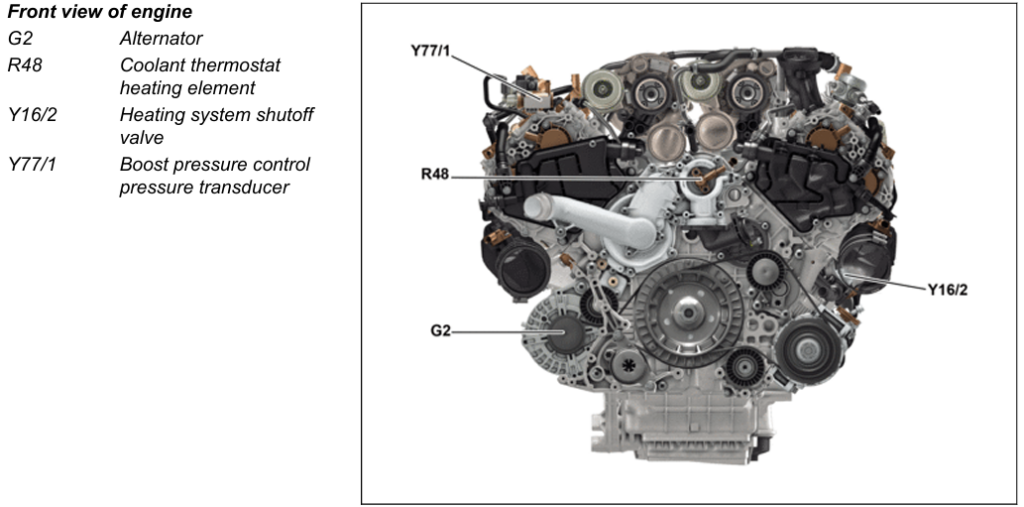
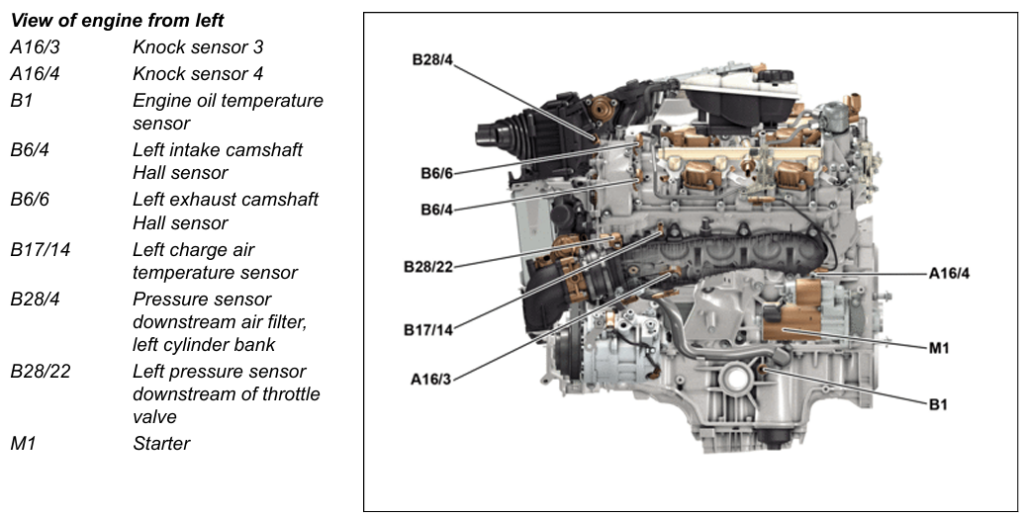
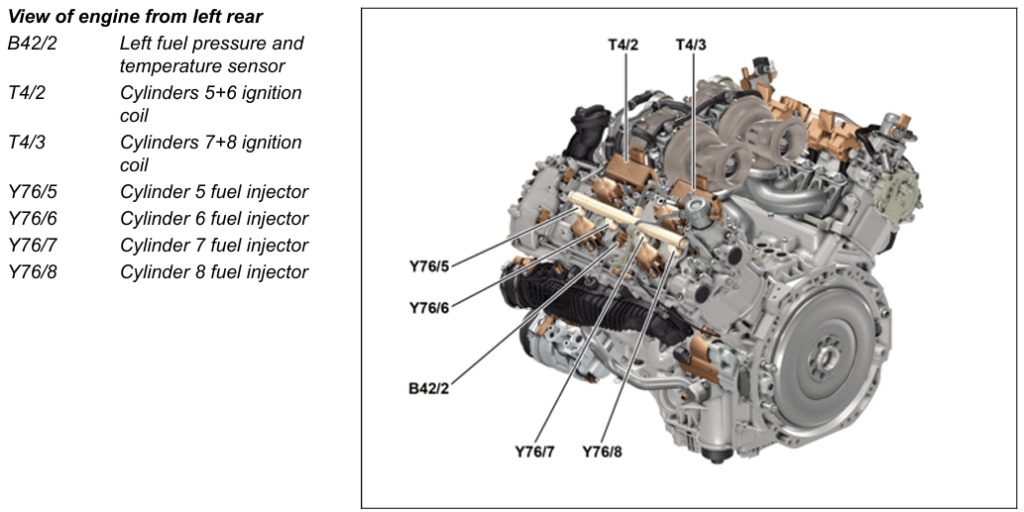
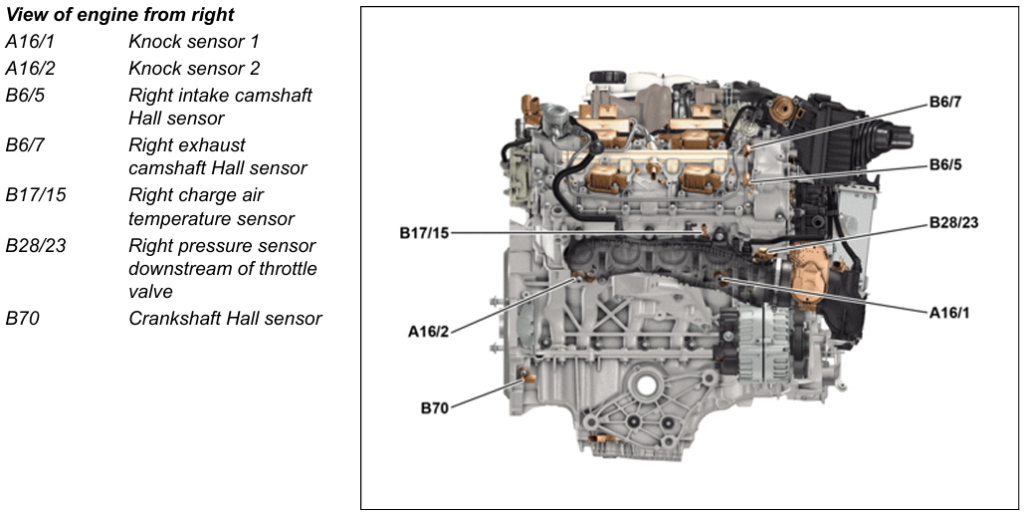
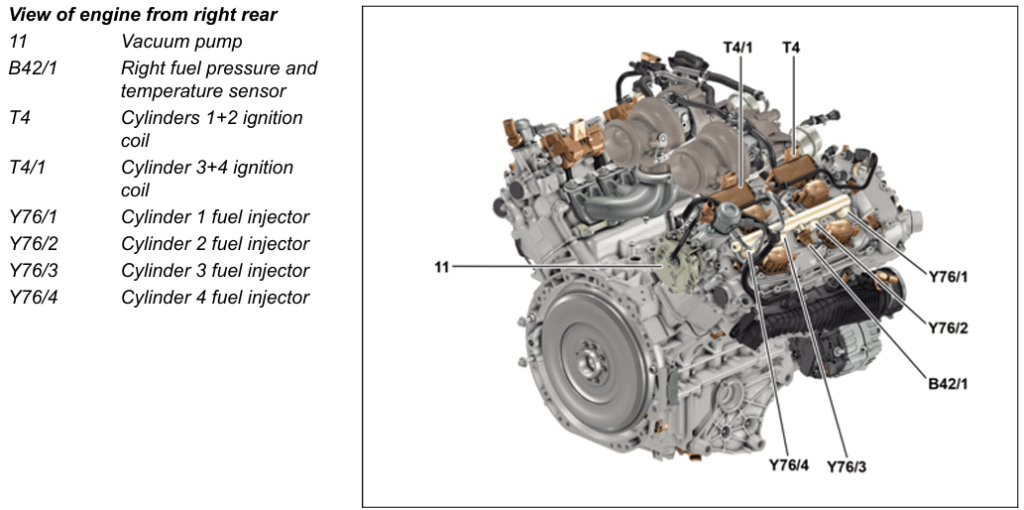
M177 Engine Specifications & Applications
| Model | Power Output | Torque | Lubrication | Years |
|---|---|---|---|---|
| C63 (W205) | ~350 kW (469–503 hp) | ~650 Nm | Wet sump | 2015–2021 |
| E63 S (W213) | ~450 kW (603 hp) | ~850 Nm | Wet sump | 2017–2022 |
| CLS/SL/E/S63 | 375–450 kW (563–603 hp) | 700–850 Nm | Wet or dry sump | 2015–2022 |
| AMG GT & Aston Martin (DB11/Vantage) | 340–375 kW (456–503 hp) | 600–700 Nm | Dry/wet sump | 2015–2023 |
Oil capacity: ~9 L (9.5 quarts) of AMG-approved synthetic oil.

M177 Reliability
The M177 is regarded as one of AMG’s most reliable modern V8s but like any performance engine, its longevity depends on proper servicing.
Strengths:
- – Strong forged internals
- – Efficient turbo layout (hot V design)
- – Flexible power range (469–630 hp)
- – Shared with Aston Martin (showing versatility)
Weaknesses:
- – Sensitive to neglected maintenance
- – Known issues with timing chains, HPFP, and coils
- – High servicing costs vs. smaller engines
Common M177 Problems & Fixes
| Problem | Symptoms | Diagnosis & Fix |
|---|---|---|
| Oil leaks | Burning smell, puddles | Replace valve cover, oil cooler seals, oil pan gaskets |
| Carbon buildup | Rough idle, poor fuel economy | Walnut blast every 30k–50k miles |
| Timing chain stretch | Rattle on startup | Inspect chain/tensioners; replace if noise or codes |
| HPFP failure | Misfires, CEL, poor cold start | Replace high-pressure fuel pump |
| Turbo wear | Whistle noise, smoke, low boost | Replace/rebuild turbos; use proper oil service |
| Cooling issues | Overheating, coolant leaks | Maintain radiator, pump, thermostat |
| Ignition coil failure | Misfire, cylinder dropouts | Replace coils with updated A1779060206 parts |
Related case studies: Engine Misfire in M177 | Limp Mode Car – Low Power Issue
Maintenance & Prevention Checklist
- – Oil change every 5k–7.5k miles (use AMG-approved oil).
- – Inspect & replace valve cover/oil pan gaskets early.
- – Walnut blast intake valves every 30k–50k miles.
- – Monitor timing chain stretch at high mileage.
- – Replace ignition coils and HPFP proactively.
- – Turbo care: avoid shutting off immediately after hard driving.
- – Cooling system: check water pump, hoses, and thermostats regularly.
M177 Power Output Across Versions
- – Base models: ~469 hp (C63, GLC 63).
- – Mid-range versions: ~503 hp (C63 S).
- – Top versions: ~603–630 hp (E63 S, AMG GT 63 S).
This wide range of tuning allows the M177 to serve both daily driving and track performance needs.
Mercedes Models with the M177
- C63 and C63 S (W205)
- E63 and E63 S (W213)
- G63 (W463)
- AMG GT 63 and GT 63 S 4-Door Coupe (X290)
- CLS 63 / SL / S63 AMG
- Aston Martin DB11 & Vantage
FAQs : Mercedes M177 Engine
Q1: Is the M177 reliable?
Yes, when maintained properly. Issues include timing chain stretch, HPFP failure, and oil leaks.
Q2: How much oil does the M177 hold?
Around 9 liters (9.5 quarts) of synthetic oil.
Q3: Which cars have the M177 engine?
C63, E63, G63, AMG GT 63, S63, and Aston Martin DB11/Vantage.
Q4: What are the most common problems?
Carbon buildup, turbo wear, coil pack failure, and oil leaks.
Q5: Is the M177 better than the M178?
The M178 (AMG GT) uses a dry-sump setup for track use. The M177 is tuned for sedans/SUVs but shares much of its DNA.
Conclusion
The Mercedes-AMG M177 is one of the most important engines in AMG history delivering reliability, versatility, and raw performance. From the C63 sedan to the luxurious G63 SUV and AMG GT 63 S, it provides thrilling power with long-term durability when serviced correctly.
Owners should stay ahead of known issues oil leaks, timing chain wear, and carbon buildup to ensure this V8 remains one of AMG’s greatest powerplants.
Continue exploring with our Mercedes Engine Types Hub
Author
Written by Mercedes Expert
With years of hands-on experience diagnosing and repairing Mercedes-Benz systems, he brings technical depth and practical case studies to help car owners, technicians, and enthusiasts troubleshoot complex automotive issues. His work focuses on clear repair guides, OEM-level procedures, and knowledge-sharing to empower both professionals and drivers.
Last Updated: September 2025

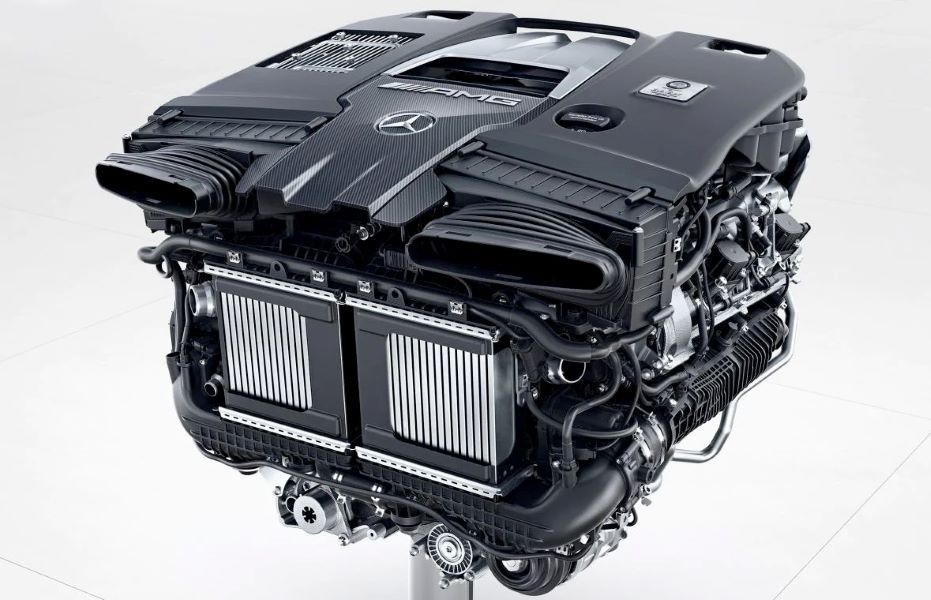


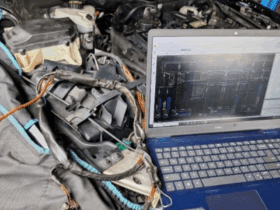
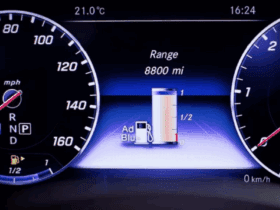
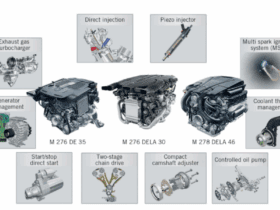
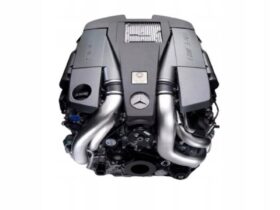
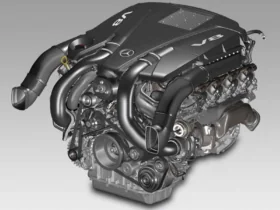
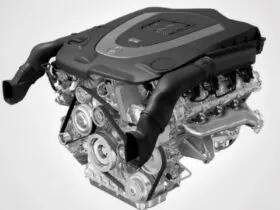
Leave a Reply